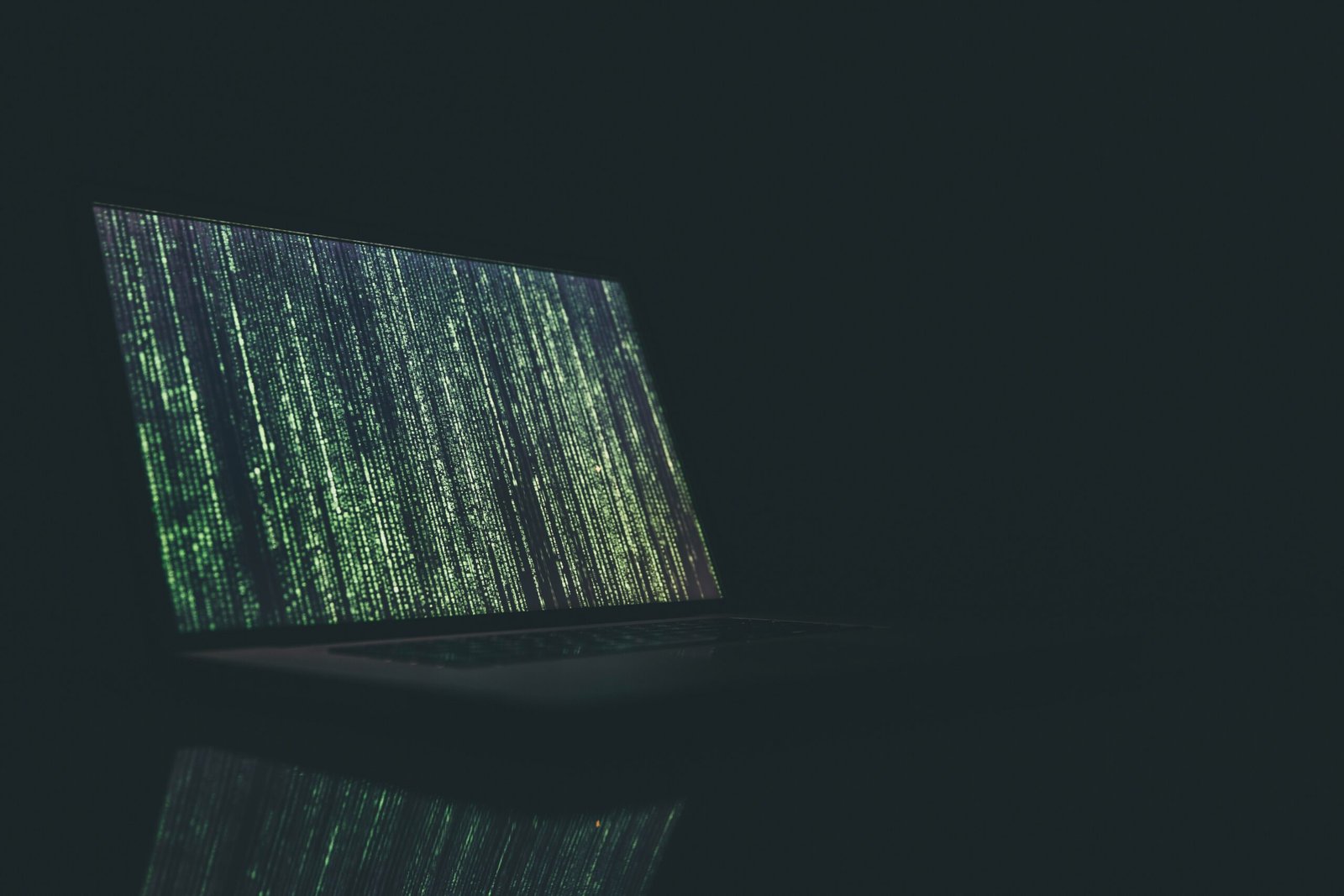Mining Security: Preventing Attacks and Ensuring Network Integrity
In the world of cryptocurrency, mining plays a crucial role in maintaining the integrity of the network. However, with the increasing popularity of cryptocurrencies, the risk of attacks on mining operations has also grown. It is essential for miners to prioritize security measures to prevent potential threats and ensure the integrity of the network. In this article, we will explore some key strategies for mining security.
1. Securing Mining Hardware
The first step in mining security is to ensure the physical security of your mining hardware. This includes protecting it from theft, damage, or unauthorized access. Here are some measures you can take:
- Store your hardware in a secure location, preferably in a locked room or cabinet.
- Install security cameras or alarms to deter potential intruders.
- Regularly back up your mining data to prevent data loss in case of hardware failure.
2. Implementing Network Security
Network security is crucial for protecting your mining operations from external threats. Here are some key steps to ensure network security:
- Use a firewall to control and monitor incoming and outgoing network traffic.
- Enable encryption on your network to protect data transmission.
- Regularly update your mining software to patch any security vulnerabilities.
- Use strong, unique passwords for your mining accounts and regularly change them.
- Consider using multi-factor authentication for an additional layer of security.
3. Protecting Against Malware and Phishing Attacks
Malware and phishing attacks are common threats in the cryptocurrency industry. Miners need to be vigilant and take proactive measures to protect against these attacks:
- Install reputable antivirus software and keep it up to date.
- Be cautious of suspicious emails, links, or attachments, as they may contain malware or lead to phishing websites.
- Regularly scan your mining hardware for malware or any signs of compromise.
- Use a separate device or virtual machine for mining to minimize the risk of infecting your primary system.
4. Regularly Monitoring and Auditing
Monitoring and auditing your mining operations is essential for detecting any unusual activities or potential security breaches. Here are some steps you can take:
- Monitor your mining hardware’s performance and power consumption to identify any anomalies.
- Regularly review your mining pool’s activity logs for any suspicious behavior.
- Conduct periodic security audits to identify and address any vulnerabilities in your mining setup.
5. Staying Informed and Educated
As the cryptocurrency landscape evolves, new security threats and vulnerabilities emerge. It is crucial for miners to stay informed and educated about the latest security practices:
- Follow reputable cryptocurrency news sources and security blogs to stay updated on the latest security trends.
- Participate in online forums and communities to learn from other miners’ experiences and share knowledge.
- Attend conferences or webinars focused on cryptocurrency security to gain insights from industry experts.
By implementing these strategies, miners can significantly enhance the security of their mining operations, prevent potential attacks, and ensure the integrity of the network. Prioritizing mining security is not only crucial for individual miners but also for the overall stability and trustworthiness of the cryptocurrency ecosystem.

